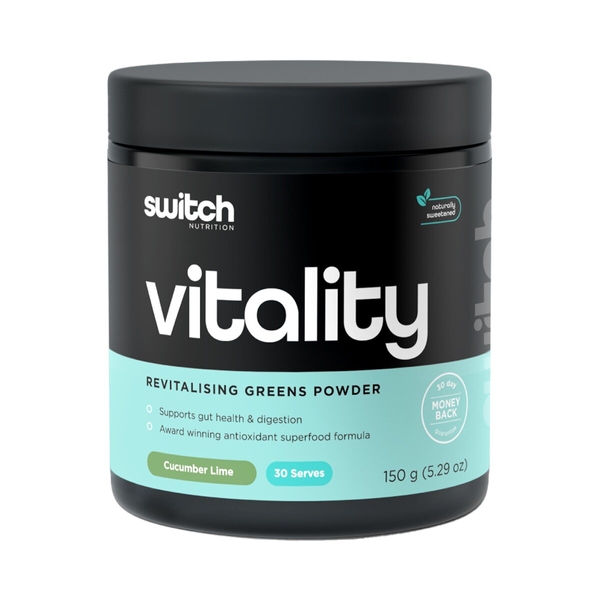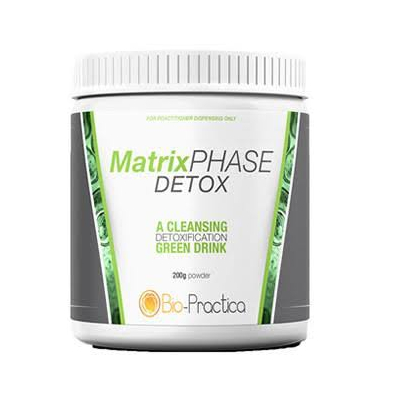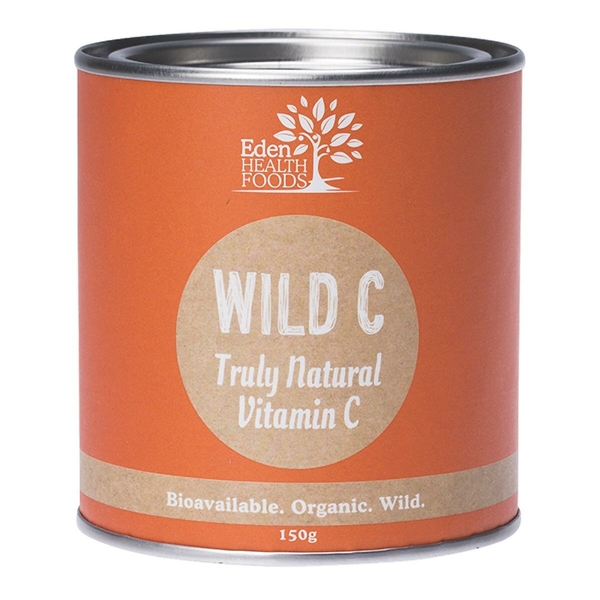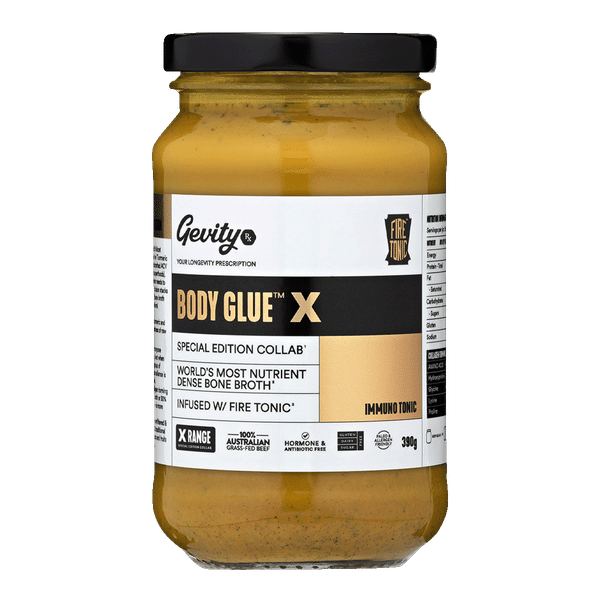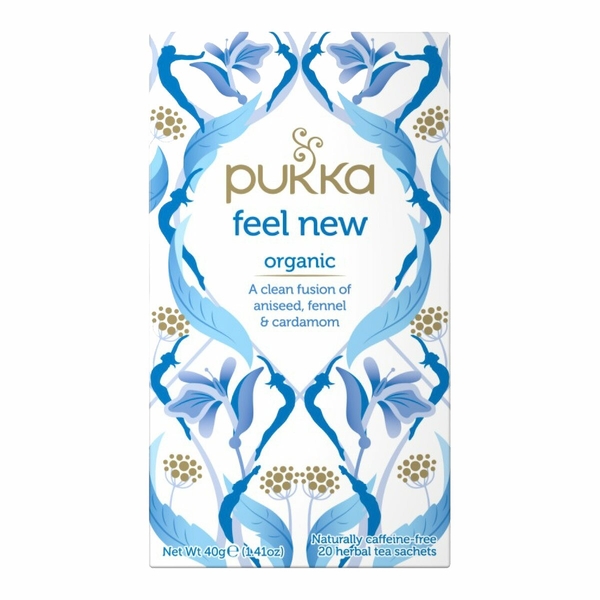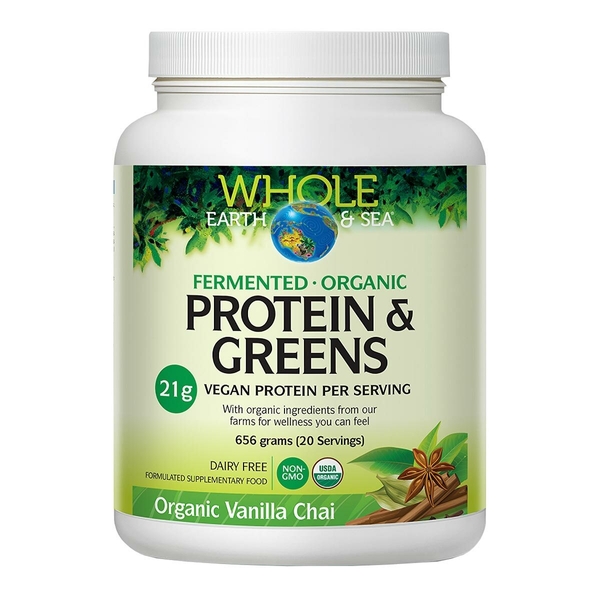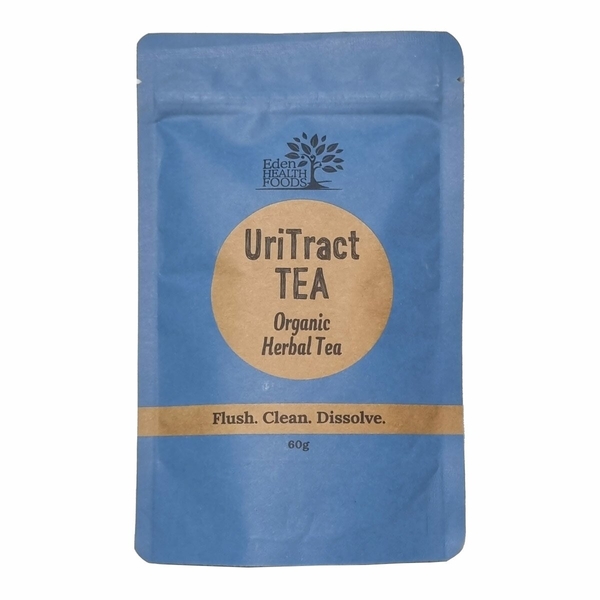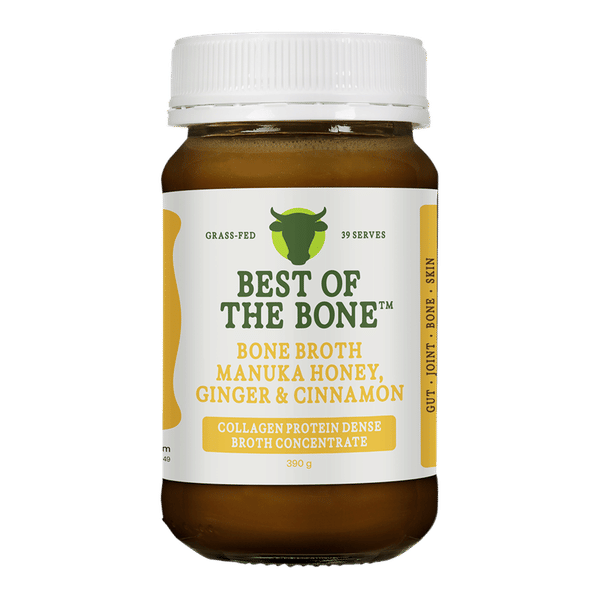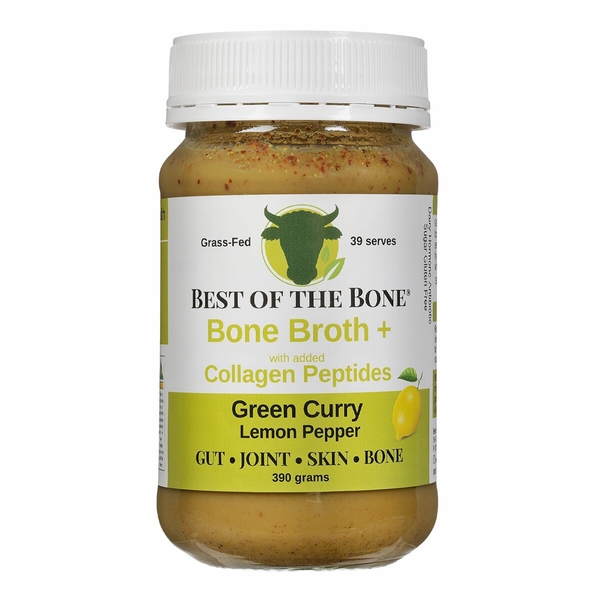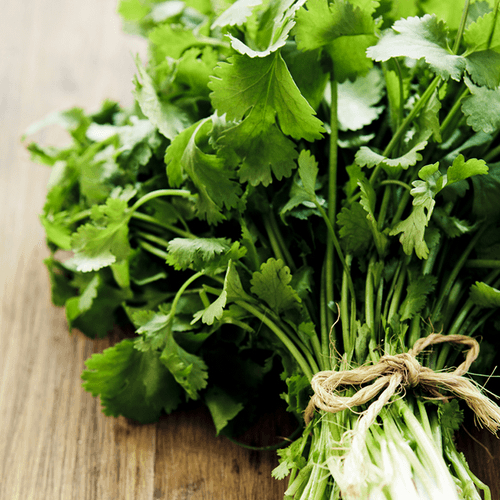
Background
Coriander is a source of vitamin C, calcium, magnesium, potassium, and iron. Coriander essential oil might have antibacterial effects. Coriander also contains chemicals that might lower blood pressure by causing blood vessels to dilate and work like a "water pill" (diuretic).
People use coriander for anxiety, constipation, diabetes, indigestion, parasite infections, irritable bowel syndrome (IBS), skin irritation, and many other conditions, but there is no good scientific evidence to support these uses.
Don't confuse coriander with similarly named Vietnamese coriander. Also don't confuse it with cilantro, which refers to the leaves of the same plant. These are not the same.
Safety Safety definitions
When applied to the skin: Coriander is possibly safe when used appropriately. Coriander oil 6% ointment has been used safely twice daily for up to 28 days. It seems to be well-tolerated. Side effects might include skin irritation and itching.
Special Precautions & Warnings:
Pregnancy and breast-feeding: There isn't enough reliable information to know if coriander is safe to use when pregnant or breast-feeding. Stay on the safe side and stick to food amounts.Allergies. People who are allergic to mugwort, aniseed, caraway, fennel, dill, or similar plants might have allergic reactions to coriander.
Surgery: Coriander might lower blood sugar and blood pressure, and cause sleepiness. This might interfere with blood sugar and blood pressure control during surgery. It might also interfere with medications used during surgery that also cause sleepiness. Stop using coriander at least 2 weeks before a scheduled surgery.
Effectiveness
Dosing & administration
Interactions with pharmaceuticals
Medications for diabetes (Antidiabetes drugs)
Interaction Rating=Moderate Be cautious with this combination.
Coriander might lower blood sugar levels. Taking coriander along with diabetes medications might cause blood sugar to drop too low. Monitor your blood sugar closely.
Medications for high blood pressure (Antihypertensive drugs)
Interaction Rating=Moderate Be cautious with this combination.
Coriander might lower blood pressure. Taking coriander along with medications that lower blood pressure might cause blood pressure to go too low. Monitor your blood pressure closely.
Medications that increase sensitivity to sunlight (Photosensitizing drugs)
Interaction Rating=Moderate Be cautious with this combination.
Some medications might make the skin more sensitive to sunlight. Coriander might also make the skin more sensitive to sunlight. Using these products together might increase the risk of sunburn, blistering, or rashes when the skin is exposed to sunlight. Be sure to wear sunblock and protective clothing when spending time in the sun.
Sedative medications (CNS depressants)
Interaction Rating=Moderate Be cautious with this combination.
Coriander might cause sleepiness and slowed breathing. Some medications, called sedatives, can also cause sleepiness and slowed breathing. Taking coriander with sedative medications might cause breathing problems and/or too much sleepiness.
Interactions with herbs & supplements
Herbs and supplements that might lower blood sugar levels: Coriander might lower blood sugar. Taking it with other supplements with similar effects might lower blood sugar too much. Examples of supplements with this effect include aloe, bitter melon, cassia cinnamon, chromium, and prickly pear cactus.
Herbs and supplements with sedative properties: Coriander might cause sleepiness and slowed breathing. Taking it along with other supplements with similar effects might cause too much sleepiness and/or slowed breathing in some people. Examples of supplements with this effect include hops, kava, L-tryptophan, melatonin, and valerian.
Interactions with foods
Products
View all products- Coriandrum sativum (Coriander) ext. 56 mg
- Galium aparine ext. 500 mg
- L-glutamine 2 g
- Zinc sulphate monohydrate 41 mg equiv. zinc 15 mg
- Curcuma longa ext. 152 mg
- Glycyrrhiza glabra deglycyrrhizinised ext. 313 mg
- Fucus vesiculosus ext. 50 mg
- Pectin 500 mg
- Larix occidentalis (arabinogalactan) (Larch) 1 g
- Magnesium citrate 1.3 g equiv. magnesium 210 mg
- Arthrospira platensis (Spirulina) 500 mg
- Coriandrum sativum (Coriander) 80 mg
- Brassica oleracea var. italica powder 250 mg
- Arthrospira platensis (Spirulina) 100 mg
- Cordyceps sinensis 105 mg
- Lentinula edodes 100 mg
- Trametes versicolor 70 mg
- Astragalus membranaceus 100 mg
- Camellia sinensis 500 mg
- Grifola frondosa 125 mg
- Spinacia oleracea (Spinach) 175 mg
- Brassica oleracea var. acephala (leaf) powder (Kale) 175 mg
- Nasturtium officinale 160 mg
- Apium graveolens powder 110 mg
- Pleurotus eryngii 100 mg
- Lipase 750 LipU
- Protease 1000 DU
- Ananas comosus (Bromelain) 350 GDU
- Carica papaya (Papain) 40 mg
- L-glutamine 500 mg
- Bacillus coagulans 4 billion CFU
- Lactobacillus rhamnosus 750 million CFU
- Saccharomyces cerevisiae (boulardii) (SB) 500 million CFU
- Quercetin 100 mg
- Taraxacum officinale 100 mg
- Zingiber officinale 50 mg
- Rosmarinus officinalis 50 mg
- Origanum vulgare powder 50 mg
- Natural flavours
- Stevia rebaubiana ext.
- Eleutherococcus senticosus 100 mg
- Citric acid anhydrous
- Chlorella vulgaris powder 175 mg
- Coriandrum sativum (Coriander) powder 50 mg
- Arthrospira platensis (Spirulina) 643 mg
- Brassica oleracea var. italica powder 100 mg
- Silybum marianum ext. 500 mg
- Schisandra chinensis ext. 200 mg
- Cynara scolymus ext. 800 mg
- Hordeum vulgare 883 mg
- Chlorella pyrenoidosa powder 100 mg
- Rosmarinus officinalis ext. 50 mg
- Galium aparine ext. 160 mg
- L-glutamine 800 mg
- Trimethylglycine (TMG) 300 mg
- Methylsulfonylmethane (MSM) 100 mg
- Calcium D-glucarate 100 mg
- Taurine 60 mg
- L-cysteine 50 mg
- Ascorbic acid (Vitamin C) 80 mg
- Magnesium citrate 8 mg
- Zinc citrate 5 mg
- R-alpha lipoic acid 25 mg
- Apple pectin 320 mg
- Natural lemon lime flavour
- Xylitol
- Glycine
- Stevia rebaubiana
- Citric acid anhydrous
- Beef bones
- Sea salt
- Curcuma longa
- Piper nigrum
- Chilli powder
- Honey
- Apple cider vinegar
- Allium sativum
- Armoracia rusticana
- Zingiber officinale
- Daucus carota powder (Carrot)
- Apium graveolens
- Allium cepa
- Malus (Apple)
- Orange
- Citrus limon (Lemon)
- Brassica juncea
- Petroselinum crispum
- Rosmarinus officinalis
- Thymus vulgaris
- Juniperus communis (berry)
- Bay leaf
- Szechuan pepper
- Backhousia citriodora
- Pink Himalayan crystal salt
- Origanum vulgare (Oregano)
- Coriandrum sativum (Coriander)
- Pea protein concentrate
- Oryza sativa (Rice protein)
- Hordeum vulgare
- Wheatgrass powder
- Amaranth powder
- Quinoa powder
- Medicago sativa
- Malus (Apple)
- Vaccinium corymbosum
- Vaccinium macrocarpon
- Daucus carota powder (Carrot)
- Petroselinum crispum
- Cynara scolymus
- Raphanus raphanistrum (Wild radish)
- Taraxacum officinale
- Brassica oleracea var. acephala (leaf) powder (Kale)
- Apium graveolens
- Beta vulgaris
- Spinacia oleracea (Spinach)
- Lycopersicon esculentum (Tomato)
- Brassica oleracea var. italica
- Armoracia rusticana
- Brassica oleracea var. viridis
- Nasturtium officinale
- Ocimum basilicum
- Piper nigrum
- Mentha spicata
- Natural flavours
- Malpighia glabra ext. dry
- Cordyceps sinensis
- Ganoderma lucidum
- Lentinula edodes
- Grifola frondosa
- Trametes versicolor
- Elettaria cardamomum
- Cinnamomum spp.
- Cannabis sativa (seed) powder
- Agaricus subrufescens
- Stevia rebaubiana
- Coriandrum sativum (Coriander)
- Juniperus communis (berry)
- Arctostaphylos uva-ursi
- Zea mays
- Taraxacum officinale (leaf)
- Equisetum arvense
- Eupatorium purpureum
- Petroselinum crispum (root)
- Petroselinum crispum (leaf)
- Solidago virgaurea (flower)
- Hydrangea arborescens (root)
- Mentha x piperita (leaf)
- Althaea officinalis (root)
- Arctium lappa (root)
- Echinacea purpurea (root)
- Orange peel
- Echinacea angustifolia (root)


